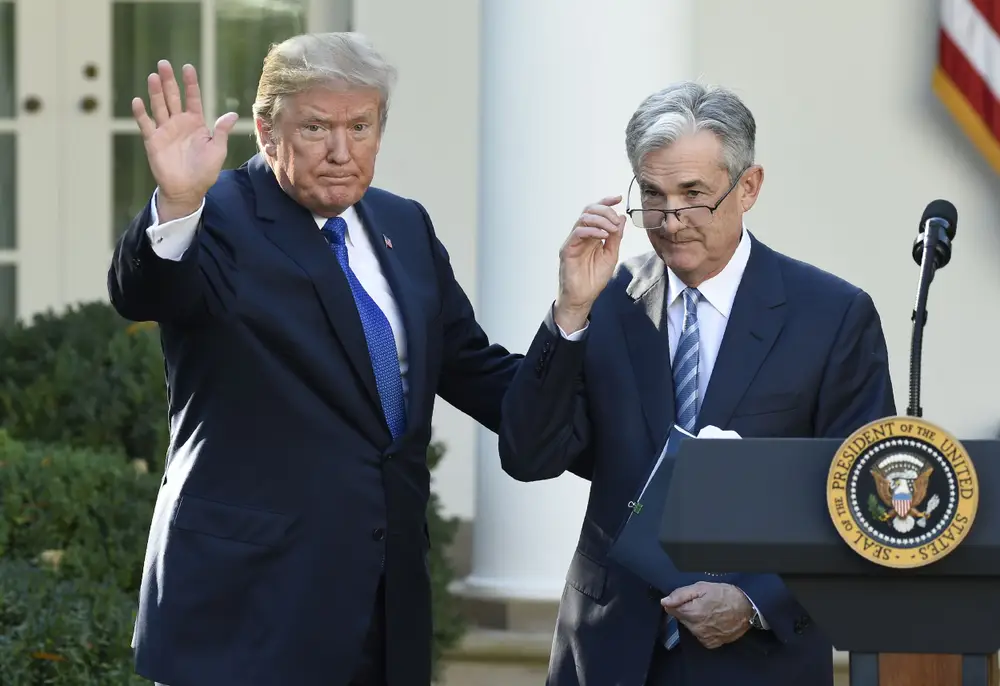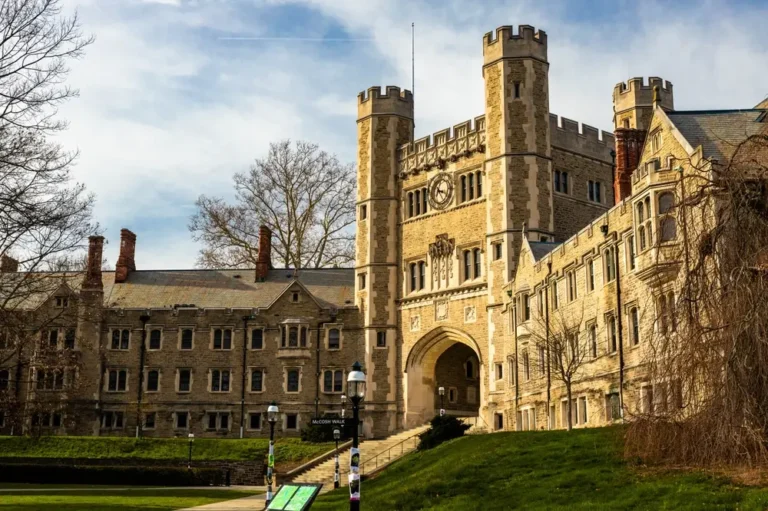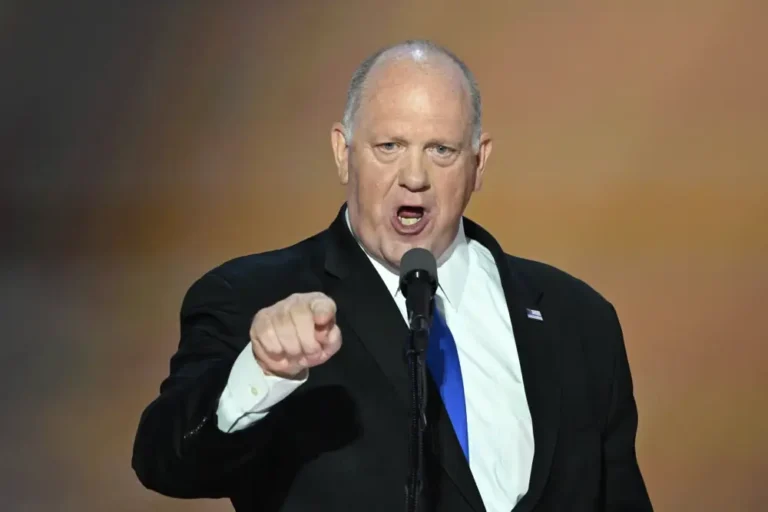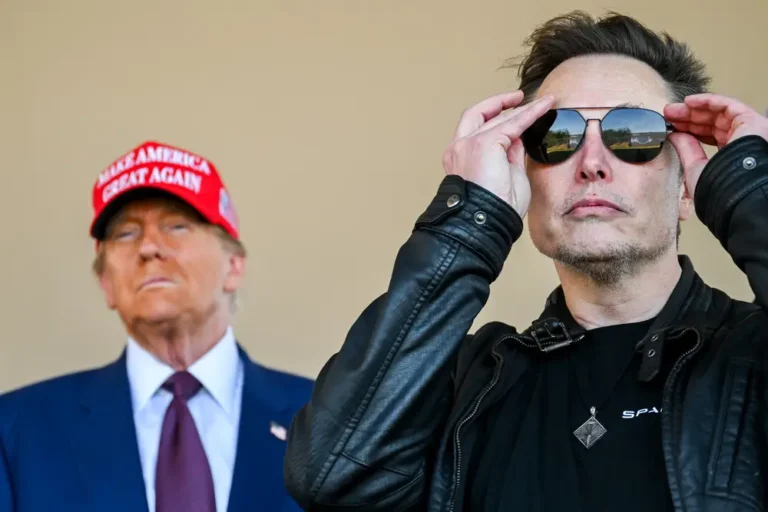The Fed’s interest-rate cut put Trump even more at odds with the central bank

Former President Donald Trump, seen here in 2017, has consistently tried to pressure the Federal Reserve.
Interest-rate cuts are finally here, and former President Donald Trump isn’t happy about it.
On Wednesday, the Federal Open Market Committee announced an interest-rate cut of 50 basis points, the first cut Americans have received in over four years. With the pace of inflation slowing and the job market cooling over the past few months, some experts and Democratic lawmakers have been urging Fed Chair Jerome Powell to cut rates sooner rather than later to give Americans relief from high prices.
But Trump feels differently — he said during a New York campaign stop on Wednesday that the rate cut “shows the economy is very bad to cut it by that much, assuming they’re not just playing politics.”
“The economy would be very bad, or they’re playing politics, one or the other,” Trump said. “But it was a big cut.”
He’s argued in the past that the Fed would only cut rates close to the election to aid Democrats, which he reiterated leading up to the central bank’s announcement.
“They’ll do the rate cut and all the political stuff tomorrow,” Trump said during a Tuesday town hall in Michigan, adding that if he wins the presidential election, “we’re going to get interest rates down.”
Notably, the president has no influence over lowering interest rates — the Federal Reserve is politically independent and is supposed to make monetary policy decisions solely based on its dual mandate of keeping inflation low and employment high.
That’s something Trump wants to change — The Wall Street Journal reported in April that members of Trump’s team were creating plans to restructure the Fed and allow Trump to have a say in interest-rate decisions. He later walked those comments back, saying in an August interview with Bloomberg that he doesn’t need to be “calling the shot, but it does mean that I should have a right to be able to talk about it like anybody else.”
Senior advisors to Trump told the Journal that those plans were not finalized.
Trump has also previously accused the Fed of being political — he said during a Fox interview in February that Powell is “going to do something to probably help the Democrats, I think, if he lowers interest rates.”
While Powell has not directly responded to Trump’s comments, the Fed chair has repeatedly said that the Federal Reserve is an independent entity that makes decisions solely based on data and is not influenced by politics. “Our job is to support the economy on behalf of the American people, and if we get it right, this will benefit the American people significantly,” Powell said during the Wednesday press conference. “It’s something we all take very, very seriously. We don’t put up any other filters. I think if you start doing that, I don’t know where you stop.”
Trump sought to use his presidential power to appoint members to the Fed board who supported his unorthodox views of the central bank. Judy Shelton, a conservative economist who Trump nominated to the Board of Governors in 2019, had previously written that the Fed was “almost a rogue agency” that couldn’t be trusted. Even fellow Republicans balked at her nomination, culminating in a 47-50 failed floor vote exacerbated by GOP absences related to COVID-19.
“In her past statements, Ms. Shelton has called for the Federal Reserve to be less independent of the political branches and has even questioned the need for a central bank,” Sen. Susan Collins, a Maine Republican, said of her at the time. “This is not the right signal to send, particularly in the midst of the pandemic.”
Shelton was one of a series of Trump loyalists whose nominations ran aground. Former 2012 GOP presidential candidate Herman Cain and conservative commentator Stephen Moore both withdrew their respective nominations in the face of opposition. Trump was able to get former Kanas banking commissioner Michelle Bowman and economist Christopher Waller confirmed to the Fed Board.
Trump has flip-flopped his views on his most important appointment to the Fed: Powell.
“He’s strong, he’s committed, he’s smart,” Trump said about Powell in 2017 when he nominated him to lead the Fed.
In February, the former president said he would not reappoint Powell to lead the Fed. Earlier this summer, Trump told Bloomberg News that he would let Powell serve out his term. Trump’s tepid support of Powell underlines just how mercurial he can be when it comes to the central bank.
“There are few more important positions than this, believe me, in our Government,” Trump said in 2017 with Powell looking on.
On that point, Trump hasn’t wavered.






